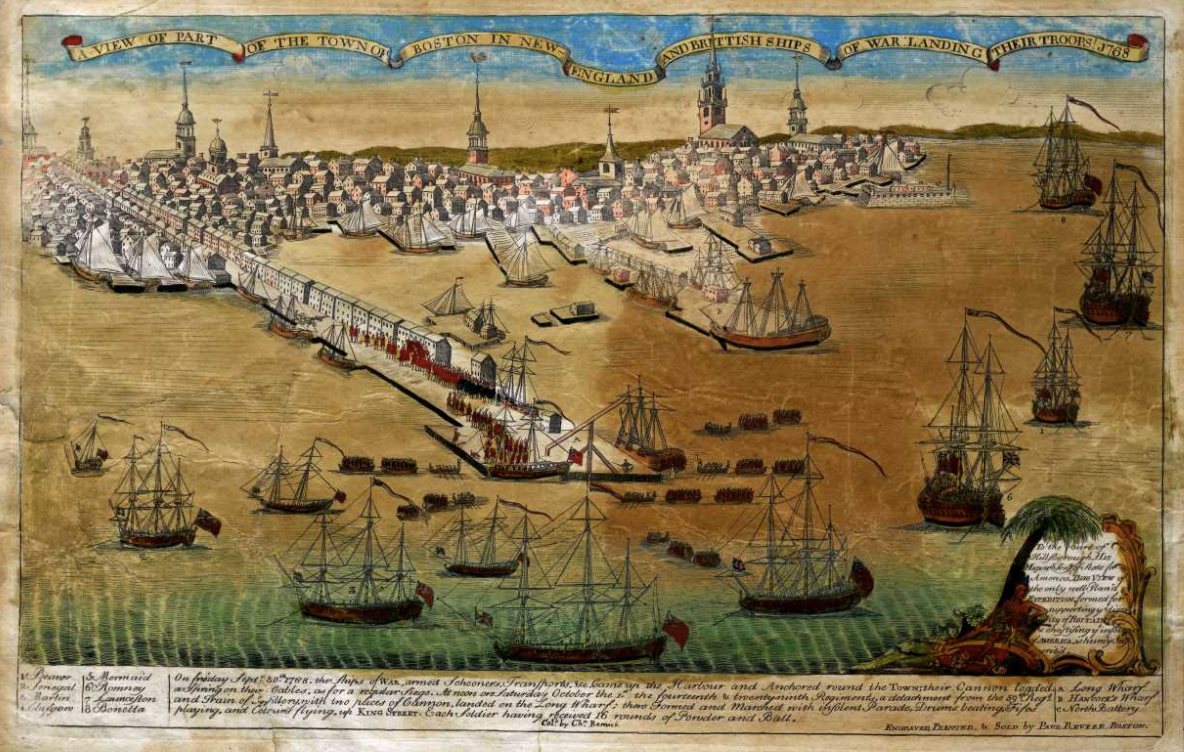The Making of America: Colonial Era to Reconstruction
Dates: July 11–17, 2021
Location: Virtual Seminar
Application Deadline: March 1, 2021
The Making of America: Colonial Era to Reconstruction was a virtual, weeklong 2021 Summer Institute that offered K–8 educators the opportunity to explore the people, ideas, and events that made America into a cultural, social, and political reality. This institute was designed as purposefully broad to address the needs of K–8 educators.
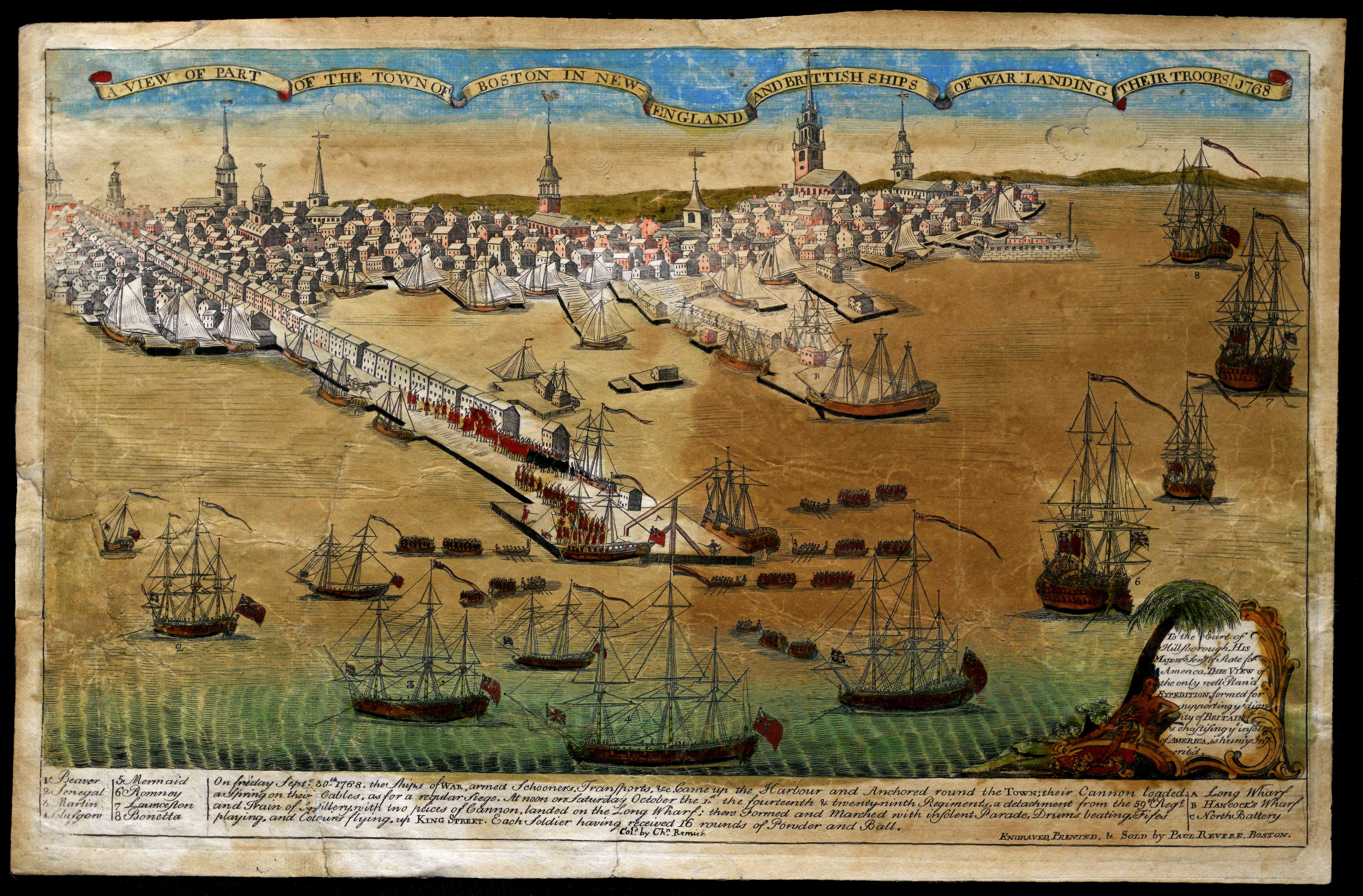 The thirty teachers who participated in the Institute learned about Indigenous peoples and colonial societies, the American Revolution and the US Constitution, slavery and early US political and economic systems, and the causes and consequences of the Civil War and Reconstruction. The Making of America focused on two interconnected themes: (1) efforts to forge a union in a country with extensive regional, cultural, ethnic, and racial diversity and (2) the meaning, experience, and contest for freedom waged by different groups, from American Indians to American colonists in the Revolutionary era, African Americans during the Civil War and Reconstruction, and women seeking suffrage in the nineteenth century.
The thirty teachers who participated in the Institute learned about Indigenous peoples and colonial societies, the American Revolution and the US Constitution, slavery and early US political and economic systems, and the causes and consequences of the Civil War and Reconstruction. The Making of America focused on two interconnected themes: (1) efforts to forge a union in a country with extensive regional, cultural, ethnic, and racial diversity and (2) the meaning, experience, and contest for freedom waged by different groups, from American Indians to American colonists in the Revolutionary era, African Americans during the Civil War and Reconstruction, and women seeking suffrage in the nineteenth century.
Throughout the week, teachers learned about this content through a variety of online learning activities. These included opportunities to engage directly with scholars, virtual outings to historic sites and museums, conversations with museum professionals, and small group discussions with colleagues from around the country. These group activities were paired with asynchronous activities that teachers completed independently prior to and during the week.
The activities in this institute combined rich content with teaching strategies based on the Gilder Lehrman Institute’s Teaching Literacy through History™ (TLTH) pedagogy that will help participants become more effective American history educators. TLTH is a hands-on, multi-modal approach that effectively integrates primary sources and nonfiction historical texts in the classroom and enhances student literacy.
Additional Resources
Lecture recordings and other resources from this Summer Institute, for use in the classroom and for teachers’ own professional development, can be found here.
Project Team
Director
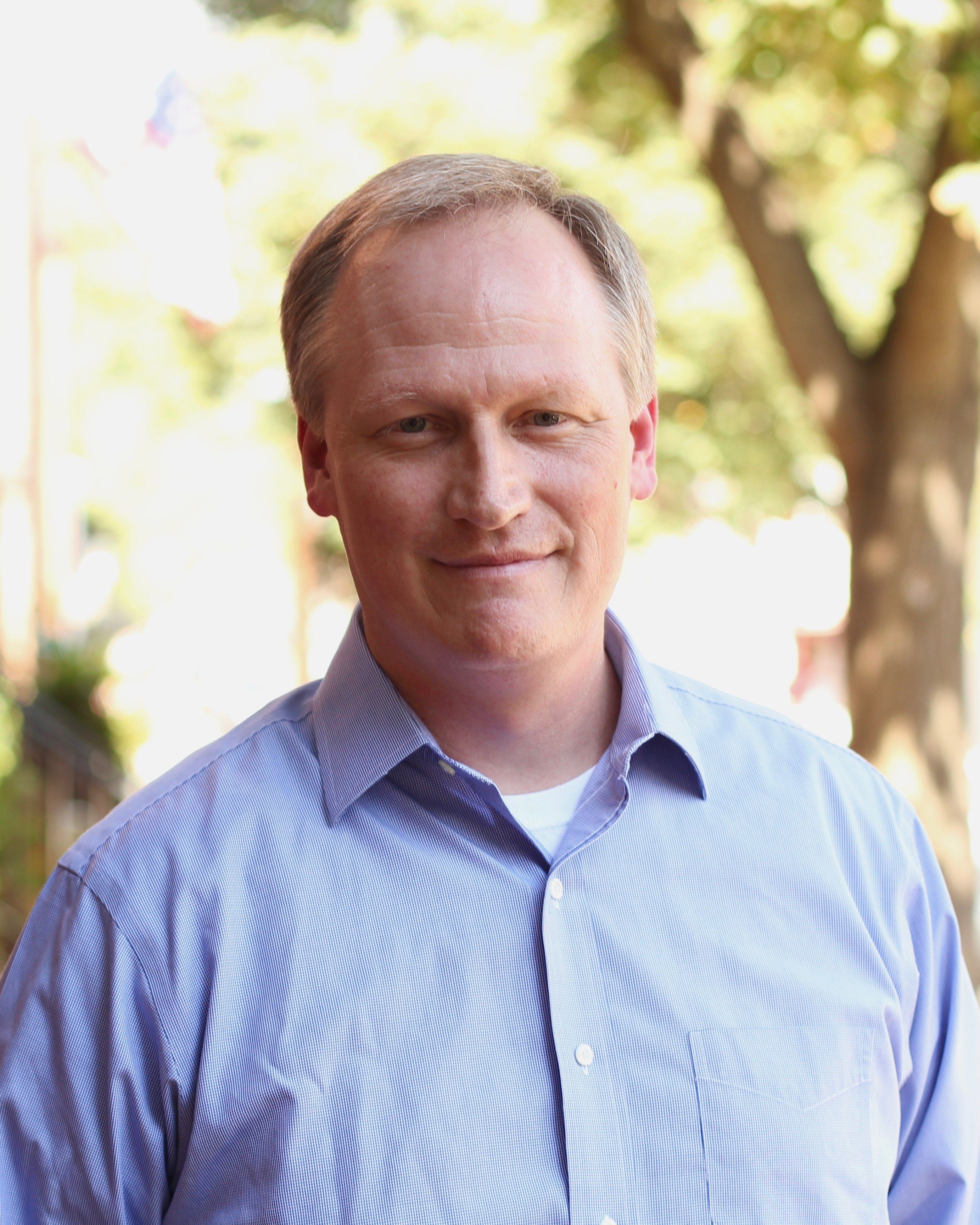 Denver Brunsman, an associate professor and associate (vice) chair in the History Department at the George Washington University writes on the politics and social history of the American Revolution, early American republic, and British Atlantic world. His courses include George Washington and His World, taught annually at Washington’s Mount Vernon estate. His book The Evil Necessity: British Naval Impressment in the Eighteenth-Century Atlantic World (University of Virginia Press, 2013) received the Walker Cowen Memorial Prize for an outstanding work in eighteenth-century studies in the Americas and Atlantic world. His honors include the Oscar and Shoshana Trachtenberg Prize for Teaching Excellence and induction into the George Washington University Academy of Distinguished Teachers as well as research fellowships from the National Endowment for the Humanities at the Newberry Library, Chicago; the Eisenberg Institute for Historical Studies, University of Michigan; the McNeil Center for Early American Studies, University of Pennsylvania; and the Fred W. Smith National Library for the Study of George Washington at Mount Vernon. Professor Brunsman has led seminars at George Washington’s Mount Vernon, teacher seminars for the Gilder Lehrman Institute of American History, and one-day teaching workshops across the country. He led the Gilder Lehrman Institute of American History’s The Making of America seminar in 2018 and 2019.
Denver Brunsman, an associate professor and associate (vice) chair in the History Department at the George Washington University writes on the politics and social history of the American Revolution, early American republic, and British Atlantic world. His courses include George Washington and His World, taught annually at Washington’s Mount Vernon estate. His book The Evil Necessity: British Naval Impressment in the Eighteenth-Century Atlantic World (University of Virginia Press, 2013) received the Walker Cowen Memorial Prize for an outstanding work in eighteenth-century studies in the Americas and Atlantic world. His honors include the Oscar and Shoshana Trachtenberg Prize for Teaching Excellence and induction into the George Washington University Academy of Distinguished Teachers as well as research fellowships from the National Endowment for the Humanities at the Newberry Library, Chicago; the Eisenberg Institute for Historical Studies, University of Michigan; the McNeil Center for Early American Studies, University of Pennsylvania; and the Fred W. Smith National Library for the Study of George Washington at Mount Vernon. Professor Brunsman has led seminars at George Washington’s Mount Vernon, teacher seminars for the Gilder Lehrman Institute of American History, and one-day teaching workshops across the country. He led the Gilder Lehrman Institute of American History’s The Making of America seminar in 2018 and 2019.
Master Teacher
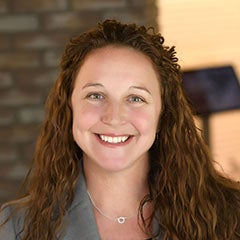
Mary Huffman, the 2015 National History Teacher of the Year and a Gilder Lehrman Institute master teacher, will lead sessions on the TLTH pedagogical framework. She is an elementary teacher in Mount Pleasant, SC, and has led pedagogy instruction for K–12 teachers. She served as Master Teacher for the Gilder Lehrman Institute of American History's The Making of America seminar in 2018 and 2019.
Guest instructors and speakers
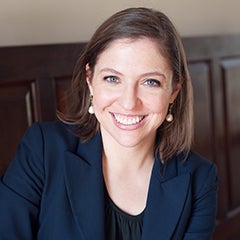
Lindsay Chervinsky, a scholar-in-residence at the Institute for Thomas Paine Studies and senior fellow at the International Center for Jefferson Studies, is an expert on the origins of the presidency and the politics of the American founding era.
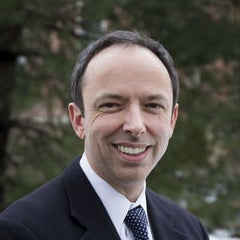
Brian Luskey, an associate professor and director of graduate studies in the History Department at West Virginia University, has published extensively on the history of labor and capitalism in the United States.
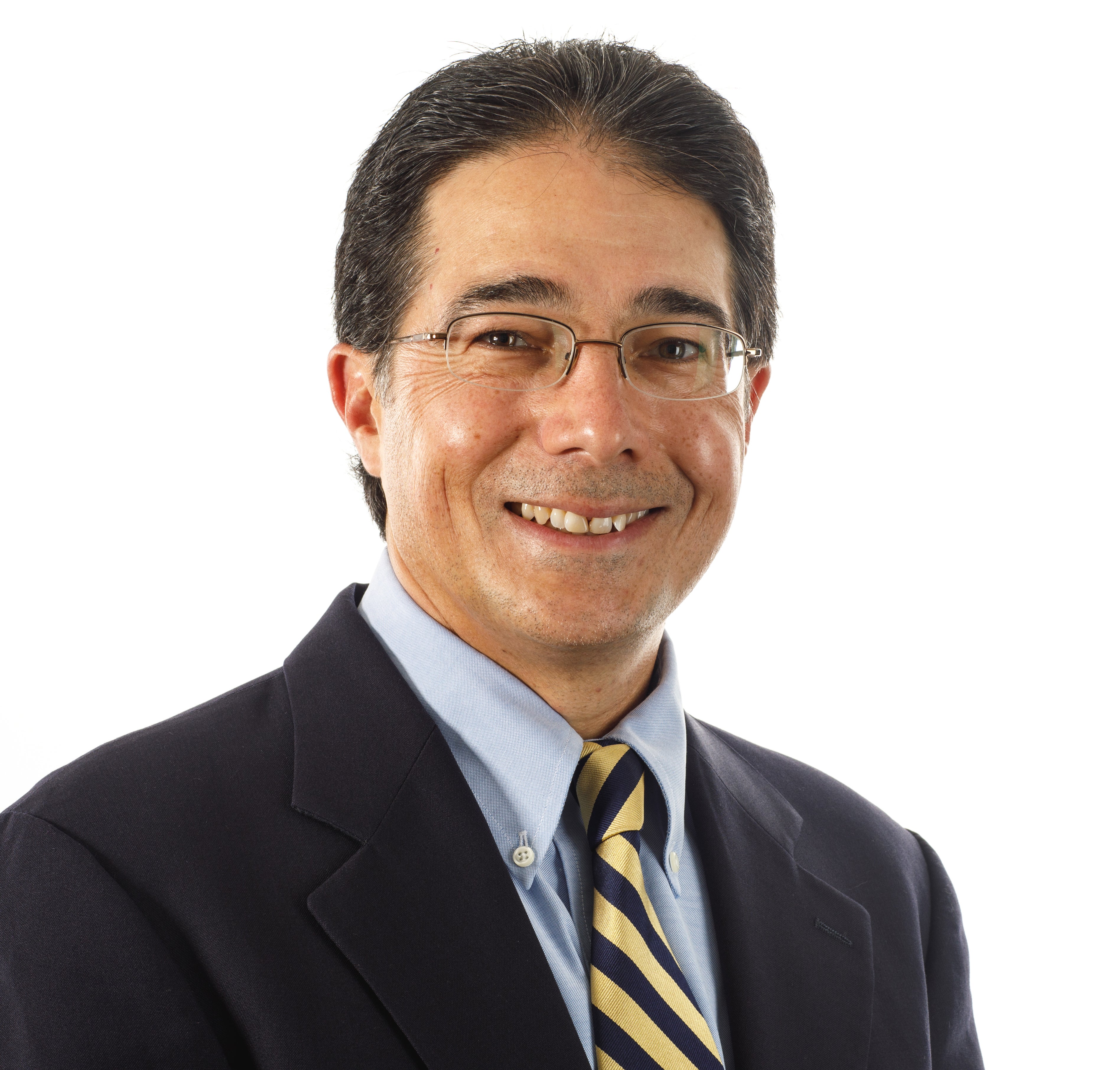
David Silverman, a professor of history at the George Washington University, specializes in Native American, colonial American, and American racial history.
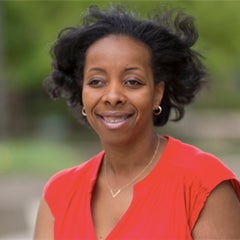
Kidada Williams, an associate professor of history at Wayne State University, is an internationally recognized expert on African Americans’ lived experiences of racial violence.
Schedule
This virtual Summer Institute, designed especially for K-8 teachers, explored the people, ideas, and events that shaped America from the colonial era through Reconstruction. Each day focused on key primary sources and the latest interpretations of major historical events and periods, including the American Revolution, Jacksonian America, and the Civil War and Reconstruction. This “long” view of early American history highlighted changing (and contesting) definitions of America by a fascinating and diverse range of people. The seminar used Washington, DC, as a laboratory, with special virtual outings to museums, monuments, and historic sites to supplement classroom lessons. In the process, seminar participants analyzed the past—and representations of the past—in ways that give meaning to the present. The goal throughout the Institute was to provide teachers with a wealth of knowledge and resources to apply creatively in the elementary and middle school classroom.
The institute consisted of four to five daily hours of live, synchronous discussions, pedagogy sessions, and virtual field trips (with breaks for lunch and office hours). Participants were asked to complete asynchronous assignments and view lectures before and after daily live sessions.
- On Sunday, July 11 live sessions were scheduled from 1:00 p.m. to 6:00 p.m. ET.
- On all other days, live sessions began at 11:00 a.m. ET and concluded between 4:00 and 4:15 p.m. ET unless otherwise noted. Weekdays included a lunch break with time for optional group lunch and scholar office hours.
- Live sessions and discussions took place remotely on Zoom.
- Over the course of the week, each participant prepared a TLTH lesson plan that incorporates primary sources, historical evidence, and the institute’s pedagogical methods. Teachers presented their lessons on the final day of the institute. Time was set aside throughout the week to meet with Master Teacher Mary Huffman regarding lesson plan projects.
View the final schedule here.
Virtual Logistics
Live sessions took place remotely on Zoom. This institute was offered virtually only and did not include in-person components.
Academic Resources
Founded in 1994, the Gilder Lehrman Institute of American History is dedicated to K–12 history education while also serving the general public. At its core is the Gilder Lehrman Collection, one of the nation’s great archives in American history. Participants received access to the Gilder Lehrman Institute’s digital primary sources, essays by Gilder Lehrman Institute of American History scholars, digital resources, and access to the Gilder Lehrman Institute’s History Essentials online course.
Required Readings
Books were shared with participants in May 2021 and included the physical readings below along with digital primary and secondary source readings.
- Richard Beeman, The Penguin Guide to the United States Constitution (New York: Penguin, 2010)
- Paul S. Boyer, American History: A Very Short Introduction (New York: Oxford University Press, 2012)
- Denver Brunsman and George Goethals, Leading Change: George Washington and Establishing the Presidency (George Washington’s Mount Vernon, 2017)
- The Gilder Lehrman Institute of American History, Teaching with Documents: Colonial America to Reconstruction (New York, 2018)
- Colin Woodard, American Nations: A History of the Eleven Rival Regional Cultures of North America (New York: Penguin, 2011)
Equal Opportunity Statement
Endowment programs do not discriminate on the basis of race, color, national origin, religion, sexual orientation, disability, or age. For further information, write to the Equal Opportunity Officer, National Endowment for the Humanities, 400 7th Street, SW, Washington, DC 20024.
TDD: 202-606-8282 (this is a special telephone device for the Deaf).
Contact Us
Please email any questions to seminars@gilderlehrman.org.
You may contact us at the Teacher Seminars extension at 646-366-9666 or the address below, but please note that you will receive the fastest response over email given the Gilder Lehrman Institute’s remote work during the pandemic.
Attn: Making of America Institute
Gilder Lehrman Institute of American History
49 W. 45th Street, Second Floor
New York, NY 10036
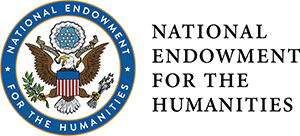 The Making of America: Colonial Era to Reconstruction has been made possible in part by a major grant from the National Endowment for the Humanities: Summer Seminars and Institutes for K-12 Educators. Any views, findings, conclusions, or recommendations expressed in this webpage and program, do not necessarily represent those of the National Endowment for the Humanities.
The Making of America: Colonial Era to Reconstruction has been made possible in part by a major grant from the National Endowment for the Humanities: Summer Seminars and Institutes for K-12 Educators. Any views, findings, conclusions, or recommendations expressed in this webpage and program, do not necessarily represent those of the National Endowment for the Humanities.
